Merged LNP will make both strong, says former WA premier Colin Barnett
Colin Barnett says the Liberal Party has been completely outperformed by a far more professional Labor machine and needs to overhaul itself.
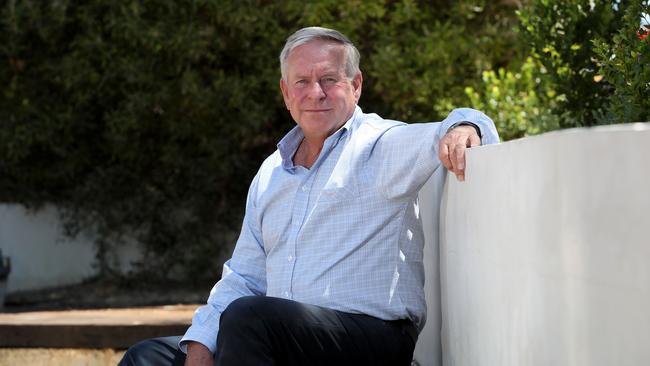
The last Liberal premier to lead the party to a landslide win says Saturday’s election humiliation should push the party towards a merger with the Nationals.
Colin Barnett, whose 2013 triumph in Western Australia over Labor’s Mark McGowan marked the Liberal Party’s zenith in a state where it now is barely hanging on to existence, told The Australian a merger of the Liberals and Nationals would simplify the structure, reduce costs and help the party to achieve the reset it needs to appeal to voters once again.
The Liberals, he said, had been completely outperformed by a far more professional Labor Party machine and it was important for the Liberal Party to use this time to overhaul itself.
“The Liberal Party and the National Party would be in a stronger position if they merged,” Mr Barnett said.
“The National Party probably won’t want to do that because they like to be the rural party, but younger voters, I think, don’t really care and they just think: ‘Why aren’t these two right-of-centre parties just one party?’ It’s wasting resources, it’s unnecessary competition. If you’re in a battle against the other side, you want all your strength in one area.”
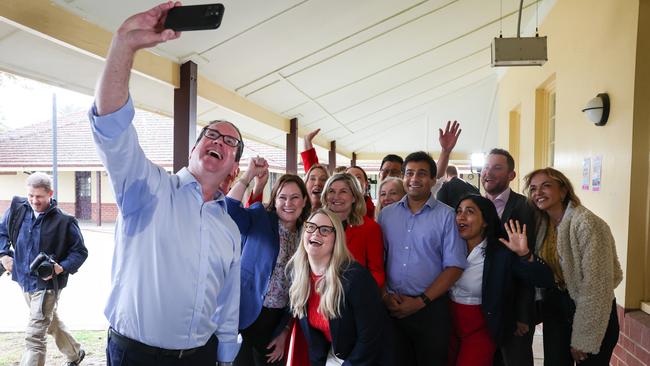
During Mr Barnett’s time as WA premier – which coincided with the Liberals also dominating the state at a federal level – he governed in an alliance with the Nationals rather than a formal coalition.
At the most recent election, the race for the new seat of Bullwinkel, where Mr Barnett helped out on booths, was complicated by the Liberals and Nationals fighting against each other as well as Labor.
He said the opposition to merging the two parties was generally strongest among “old blokes who are still thinking back to traditional rivalries from decades ago” but the rest of the country had moved on.
He noted the merged Liberal National Party in Queensland and the Country Liberal Party in the Northern Territory had won their most recent elections. They are the only Liberal-aligned governments on mainland Australia.
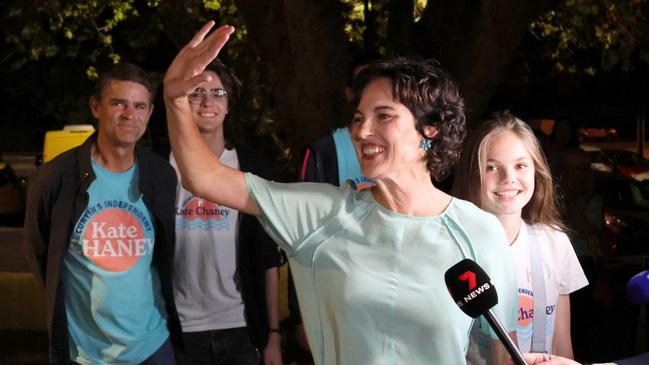
“Young people would strongly support the parties coming together,” Mr Barnett said.
“It probably won’t happen but I would love to see the Liberal Party just come out and say: ‘We would welcome a merger’ or ‘We would absolutely be willing to merge with the National Party’. Put it out there and gauge public reaction, I think it would be positive.
“I’m probably a lonely voice because everyone will come up with reasons to oppose it, but if the Liberal Party want to win elections and get back to government – because they’re facing federally another six years as opposition because the chances of winning the next election are remote – now is the time to think big on some of those bigger issues.
“Just having another review isn’t going to win them the next election.”
Mr Barnett said the scale of last weekend’s election defeat should be particularly alarming given the Liberals’ small presence in the capital cities. The Liberals no longer hold any seats in metropolitan Perth following the loss of the seat of Moore, while they have only four in Sydney.
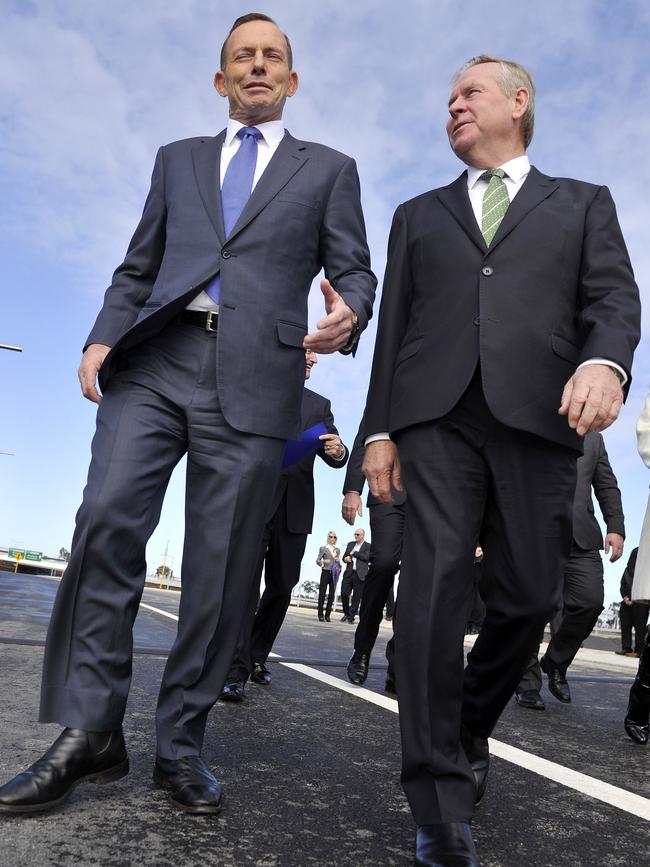
“This is a circumstance that can really wake the Liberal Party up to completely rethinking the structure of the party,” Mr Barnett said. “Otherwise, it could become completely marginalised.
“The loss of support in metropolitan seats is incredible. I think in those seats Liberal supporters would see a merger as sensible.”
The shock landslide last weekend, he said, also reinforced the gulf between the parties in terms of their campaign infrastructure.
“Union backing of Labor meant the party not only had more reliable financial resources but also a larger pool of well-educated, professional people to draw on, particularly during campaigning,” Mr Barnett said.
“In contrast, the Liberals relied primarily on volunteers who may be well-meaning but who may lack the skills and capacity of those within Labor.
“Labor has shown over recent years that they are more professional, they’re better and more strategic in planning and implementing campaigns.
“The problem the Liberal Party faces is that while it’s proud of it being a volunteer outfit and relying on that and individuals and donors and the like, it is basically an amateur organisation.
“I don’t mean that as an insult. It is amateur.”


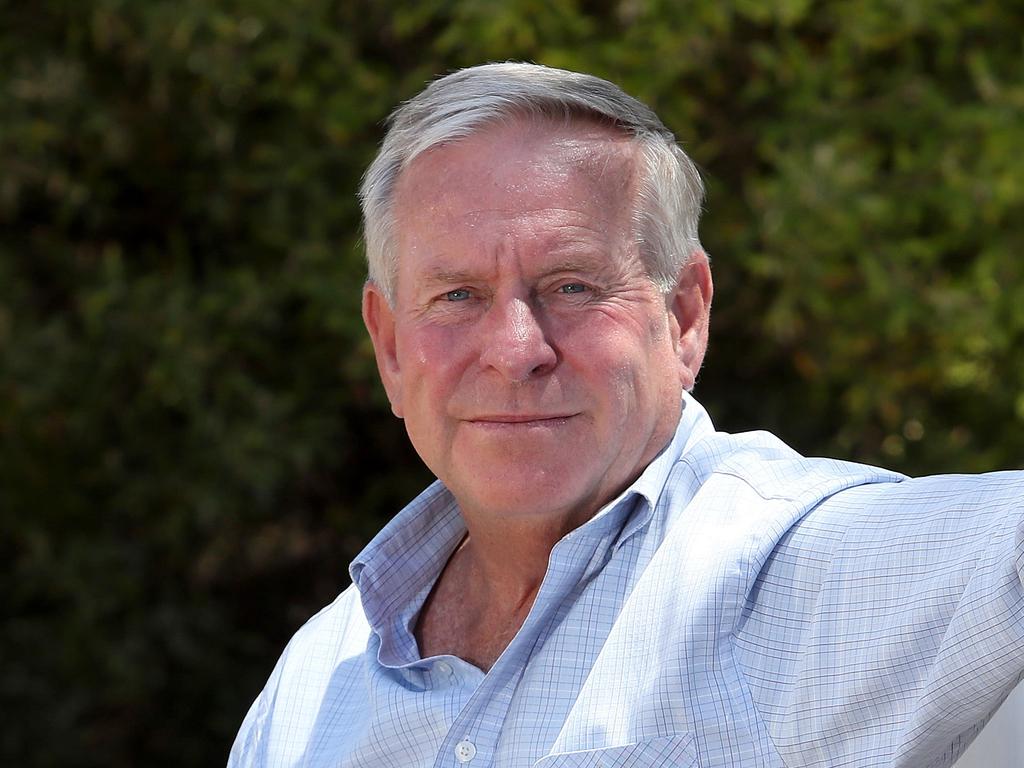
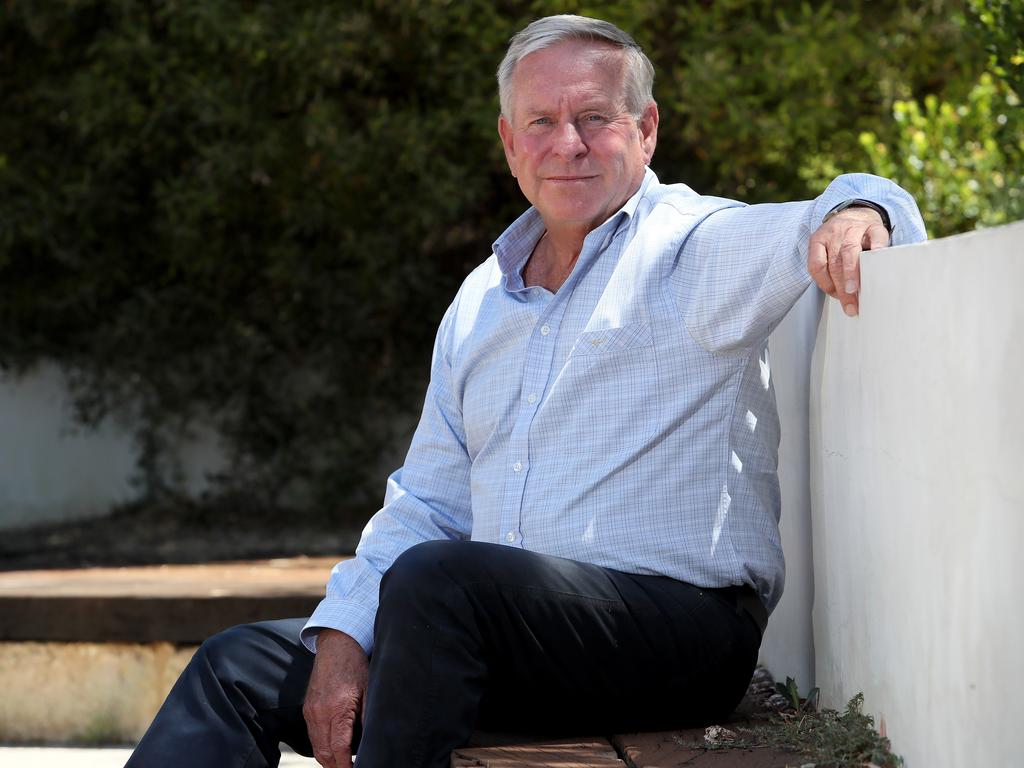




To join the conversation, please log in. Don't have an account? Register
Join the conversation, you are commenting as Logout